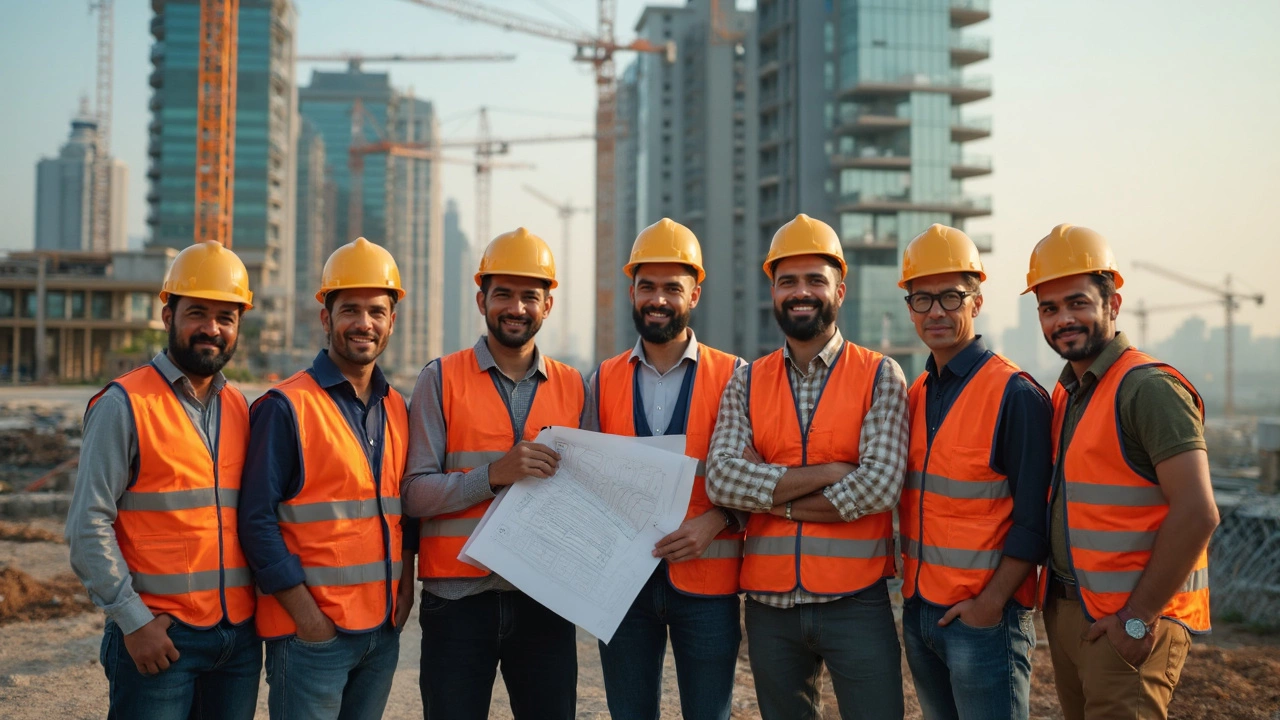Contractor Responsibilities: What Every Builder Needs to Deliver
When you hire a contractor, you expect the job to get done right, on time, and without surprises. Knowing what a contractor should actually handle helps you avoid misunderstandings and keeps the project moving smoothly.
Core Duties You Can Count On
First up, a contractor must secure all necessary permits and approvals before breaking ground. No permits, no work – it’s that simple. This includes zoning clearances, building permits, and any special approvals for electrical or plumbing work. Getting these right early saves you legal headaches later.
Next, safety is non‑negotiable. Contractors are responsible for keeping the site safe for workers and anyone who steps onto the property. That means providing proper protective gear, posting clear signage, and following local safety codes. A good contractor will also conduct regular safety briefings and keep a documented log of incidents, if any.
Timeline management is another key piece. Your contractor should provide a realistic schedule, break it down into phases, and stick to it as closely as possible. If something changes – like a delayed material delivery – they need to let you know right away and propose a solution. Transparent communication keeps expectations aligned.
Quality Control, Budget, and Client Communication
Quality control isn’t optional; it’s part of the job description. A responsible contractor will inspect work daily, fix mistakes before they become big issues, and use materials that meet the specifications you agreed on. They should also keep a detailed record of all purchases and labor costs, so you can see exactly where your money goes.
Budget oversight goes hand‑in‑hand with quality. While some cost overruns are inevitable, a contractor must warn you before any extra spend hits the books. They should offer alternatives that keep the project within budget without sacrificing essential features.
Finally, keep the conversation flowing. Good contractors give you regular updates – weekly emails, site photos, or short meetings – so you always know what’s happening. They also answer your questions promptly, whether it’s about a material choice or a design tweak.
In short, a contractor’s responsibilities cover permits, safety, schedules, quality, finances, and clear communication. When you see these boxes checked, you’re more likely to end up with a project that finishes on time, stays on budget, and meets your expectations. If any of these areas feel shaky, speak up early – it’s easier to course‑correct than to fix a problem after the drywall is up.
Remember, the contractor’s job is to turn your plans into reality, but they can only do that when they handle the basics well. Use this checklist when you meet potential builders, and you’ll feel more confident about who to bring on board.
Building Contractor: What Does the Role Actually Mean?
Curious about what a building contractor actually does? This article unpacks the role in straightforward language, explaining why they're key to smooth construction projects. Get tips on what to look for when hiring, and find out what skills make a good contractor stand out. Save yourself headaches later by understanding the basics now. Even if you’ve never worked with a contractor before, you’ll walk away with practical, real-world insights.
Continue Reading